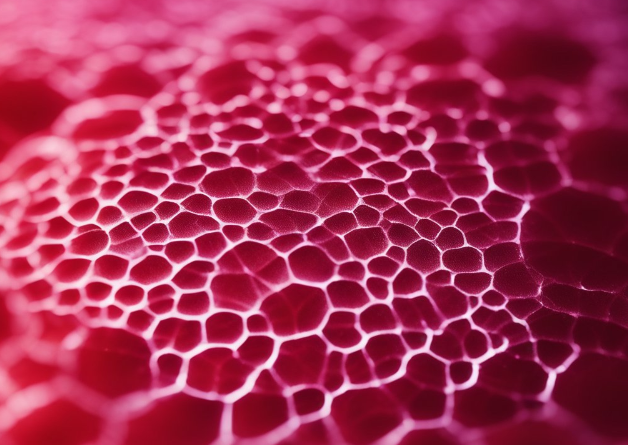Why Itching Happens ?
Itching, also known as pruritus, is a sensation that prompts the desire to scratch a particular area of the skin. It can vary in intensity from mild to severe and can be caused by various factors. Here are some common reasons why itching happens:
- Skin Irritation: External factors such as dry skin, harsh chemicals in skincare products, soaps, detergents, or fabrics can irritate the skin, leading to itching.
- Allergic Reactions: Allergens such as pollen, pet dander, certain foods, or medications can trigger an immune response in the skin, leading to itching, redness, and inflammation.
- Insect Bites and Stings: Bites or stings from insects such as mosquitoes, bees, or fleas can cause itching as part of the body’s inflammatory response to the venom or saliva injected by the insect.
- Skin Conditions: Various skin conditions can cause itching, including eczema (atopic dermatitis), psoriasis, contact dermatitis, hives (urticaria), scabies, and fungal infections such as athlete’s foot or ringworm.
- Dry Skin: Dry skin lacks moisture and natural oils, making it more prone to itching, especially in cold or dry climates.
- Internal Health Conditions: Some internal health conditions can cause itching as a symptom, such as liver disease, kidney disease, thyroid disorders, diabetes, and certain cancers.
- Nerve Disorders: Conditions affecting the nerves, such as neuropathy or shingles (herpes zoster), can cause itching or a burning sensation in the affected area.
- Psychological Factors: Stress, anxiety, or psychological disorders can exacerbate itching or make it feel more intense, even in the absence of a physical cause.
It’s essential to identify the underlying cause of itching to determine the appropriate treatment. In many cases, over-the-counter anti-itch creams, moisturizers, or oral antihistamines can provide relief. However, if itching persists or is accompanied by other concerning symptoms, it’s advisable to consult a healthcare professional for proper evaluation and management.
